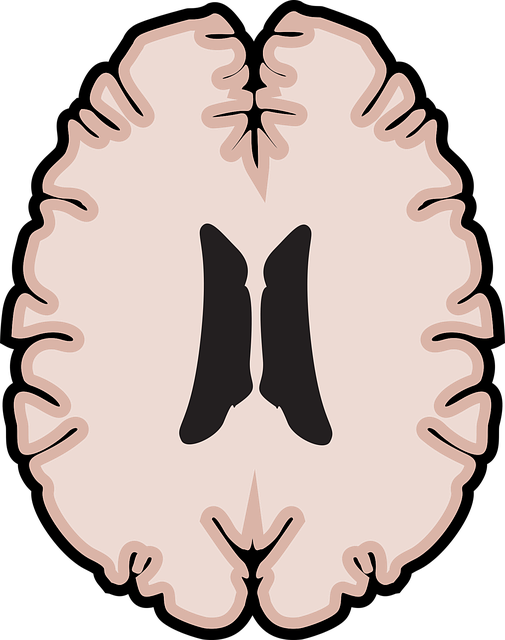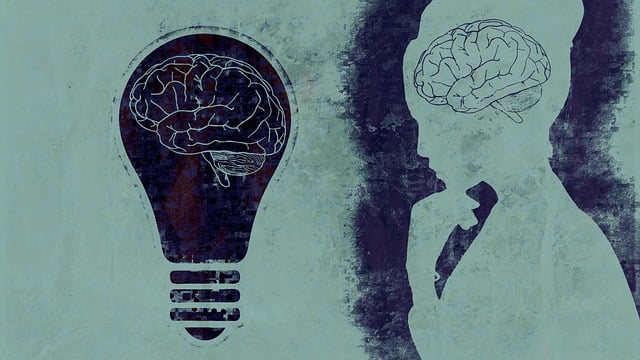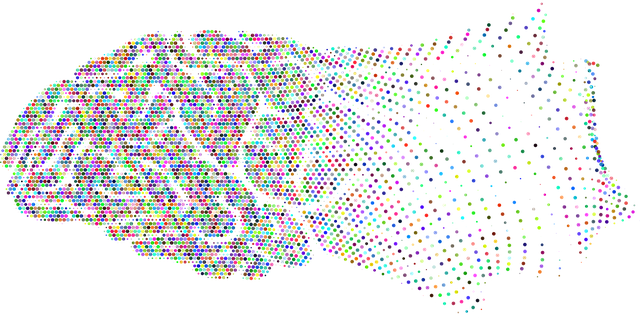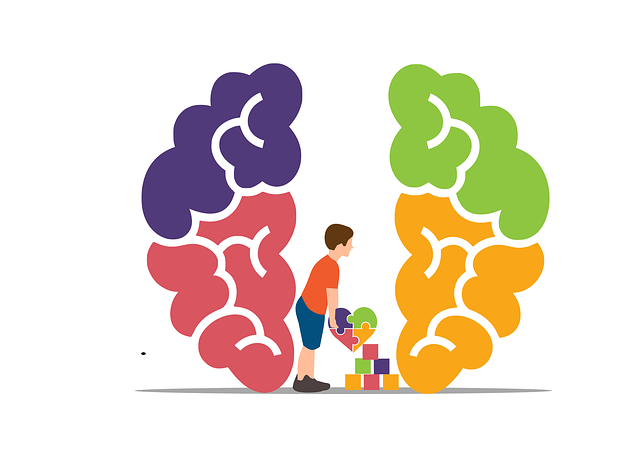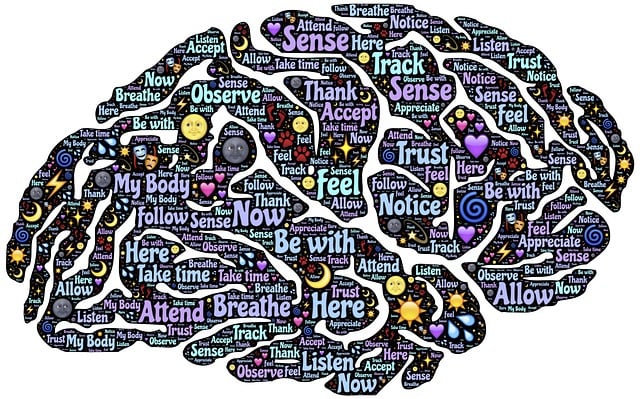In Boulder, culturally competent healthcare is vital for individuals with Autism Spectrum Disorder (ASD), addressing their unique communication and sensory needs. This involves training therapists using case studies, role-playing, and discussions on cultural nuances, along with burnout prevention techniques. The Healthcare Provider Cultural Competency Training at Mind Over Matter integrates the Boulder ASD Therapy framework, incorporating patient feedback and assessments to ensure continuous improvement and tailored care for diverse patients.
“Enhancing healthcare services for individuals with Autism Spectrum Disorder (ASD) begins with cultural competency training for providers. This article explores the pivotal role of cultural competency in improving patient outcomes, particularly in the context of Boulder Autism Spectrum Disorder therapy. We delve into the significance of understanding diverse cultural perspectives and offer insights on designing effective training programs tailored to local ASD therapy providers. Additionally, we provide strategies for implementing and evaluating these training initiatives to foster continuous improvement in healthcare delivery.”
- Understanding Cultural Competency in Healthcare: Why It Matters for Patients with Autism Spectrum Disorder (ASD)
- Designing Effective Training Programs: Essential Components for Boulder ASD Therapy Providers
- Implementing and Evaluating Cultural Competency Training: Strategies for Continuous Improvement in Healthcare Delivery
Understanding Cultural Competency in Healthcare: Why It Matters for Patients with Autism Spectrum Disorder (ASD)

Cultural competency in healthcare refers to the ability of providers to understand and appreciate diverse cultural beliefs, values, and practices, and to apply this knowledge to deliver effective and respectful care. When it comes to patients with Autism Spectrum Disorder (ASD), this understanding becomes even more critical. In Boulder, where there’s a growing community of individuals on the ASD spectrum, healthcare providers must be equipped to address their unique needs.
Patients with ASD often experience challenges related to communication, social interaction, and sensory processing, which can significantly impact their healthcare experiences. For instance, traditional medical settings may trigger sensory overload or cause anxiety due to unfamiliar environments and interactions. Providers who are culturally competent in this context can adapt their approach, using clear and simple language, offering sensory-friendly spaces, and incorporating self-care practices like mood management and emotional regulation techniques to create a safer and more comfortable experience for ASD patients.
Designing Effective Training Programs: Essential Components for Boulder ASD Therapy Providers

Designing effective training programs for Boulder Autism Spectrum Disorder (ASD) therapy providers requires a structured approach that goes beyond surface-level awareness. Essential components include integrating case studies relevant to the local community, promoting interactive learning through role-playing scenarios, and fostering open discussions on cultural nuances and family dynamics. By incorporating these elements, training sessions can become powerful tools for enhancing therapists’ understanding of ASD.
Moreover, addressing burnout prevention strategies for healthcare providers is vital to sustaining their emotional intelligence and resilience. Incorporating mental wellness podcast series production techniques into training can equip providers with additional resources for self-care and stress management. This holistic approach ensures that Boulder ASD therapy providers are not only culturally competent but also emotionally equipped to support individuals on the spectrum effectively over the long term.
Implementing and Evaluating Cultural Competency Training: Strategies for Continuous Improvement in Healthcare Delivery

Implementing and evaluating cultural competency training is a dynamic process essential for healthcare providers to offer quality care tailored to diverse patient needs. At Mind Over Matter, our approach integrates the Boulder Autism Spectrum Disorder Therapy framework to address unique cultural considerations. By fostering an environment where learning and growth are prioritized, we empower healthcare professionals with the tools to navigate complex cultural landscapes.
Regular assessments, informed by positive thinking principles, enable us to gauge training effectiveness. This involves gathering patient feedback, measuring clinical outcomes, and tracking changes in provider attitudes and behaviors. Such strategies facilitate continuous improvement, ensuring that our Healthcare Provider Cultural Competency Training remains relevant and impactful.
Cultural competency training is a vital tool for healthcare providers, especially those specializing in Boulder Autism Spectrum Disorder (ASD) therapy. By incorporating essential components as outlined in this article, therapists can enhance their understanding and effective delivery of care to patients with ASD. Continuous improvement through evaluation and adaptation ensures that these professionals remain equipped to navigate the unique needs of their diverse patient population. This focused approach not only improves healthcare outcomes but also fosters a more inclusive and supportive environment for individuals on the ASD spectrum.
